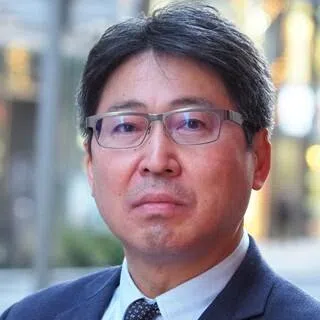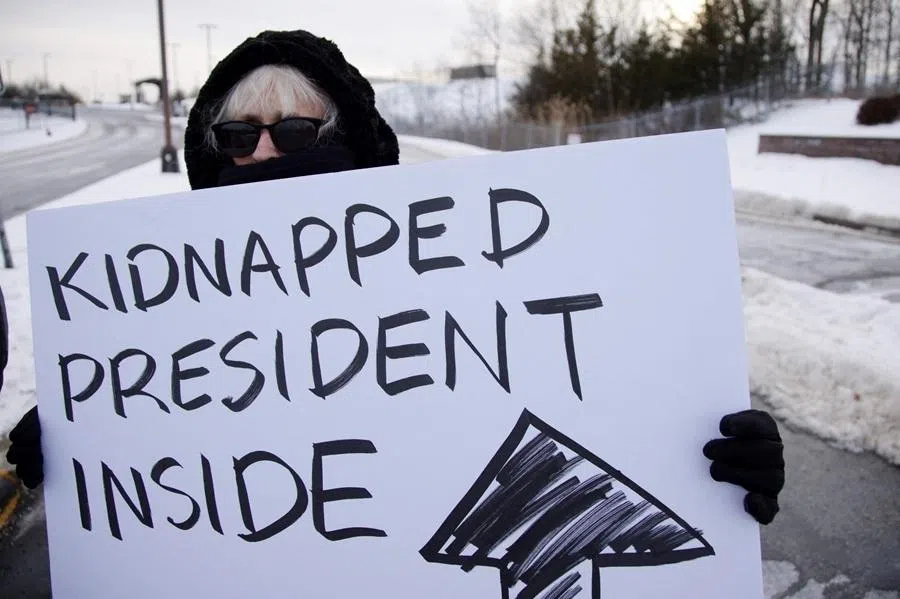Has G7 sent China a clear enough message with the Hiroshima Leaders' Communique?
Japanese academic Shin Kawashima notes that the joint statement following the G7 Summit in Hiroshima was clearer than before when it comes to China, stating that the G7 is ready to engage directly with China, and making clear that there is no intention of hindering China's development, while also sending a message to China on military and trade regulations.
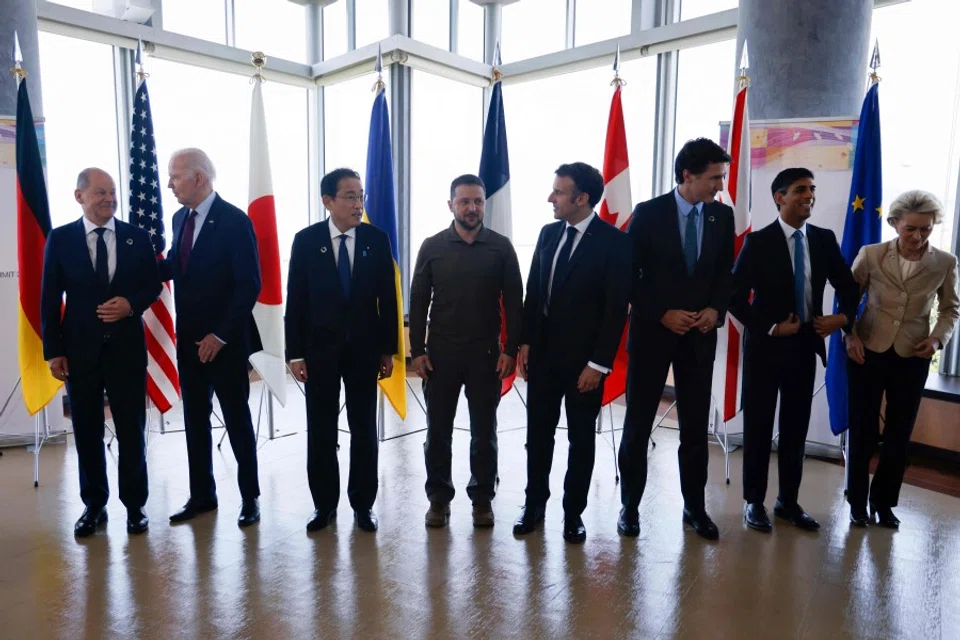
The G7 Hiroshima Leaders' Communique following the summit in May 2023 contained a more in-depth message regarding China compared to the previous year's summit. In the communique was a strong statement: "We stand together as G7 partners on the following elements, which underpin our respective relations with China."
China expressed strong dissatisfaction and opposition to this communique, but that will not stop the dialogue among G7 nations. So, what did the communique say?
Engaging China
First, the communique made a clear distinction between China and Russia. The US has always criticised China and Russia as being autocratic, while Japan regards China and Russia as a monolithic group that has the ambition to change the status quo by force. However, in this communique, a clear distinction was made between the two countries. Not only that, the communique calls on China to press Russia to stop its military aggression.
It is generally thought that the US has abandoned its engagement policy, but it is apparent that it has reaffirmed that policy with China here.
Second, the communique adopted a conditional "engagement" policy towards China. It contained the following statement: "We stand prepared to build constructive and stable relations with China, recognizing the importance of engaging candidly with and expressing our concerns directly to China. We act in our national interest. It is necessary to cooperate with China, given its role in the international community and the size of its economy, on global challenges as well as areas of common interest."
Notably, the statement contains the words "engaging" and "directly". It is generally thought that the US has abandoned its engagement policy, but it is apparent that it has reaffirmed that policy with China here.
Also, the fact that the G7 nations have "directly" expressed their concerns to China shows a desire to continue direct interaction with Beijing. However, they have only stated that they are prepared to interact, which may change depending on China's position.
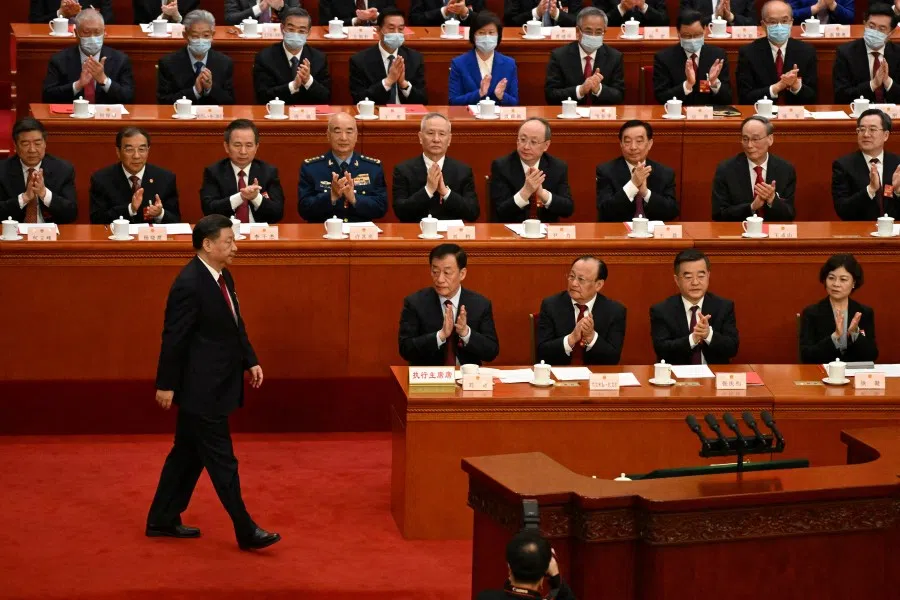
Third, the word "decoupling" is no longer used in China relations, and "de-risking" has been adopted instead. China has always decried "decoupling", and now that developed countries have stopped using the word, China will probably be looking to see what specific changes this will produce.
Fourth, developed nations do not want to harm China or thwart China's economic progress and development. However, China feels that developed nations are planning to trigger colour revolutions within China to overthrow the government, and are attempting to isolate China internationally, which is why this statement is significant. But the G7 nations have attached the condition that China "plays by international rules".
Stern message
Fifth, there was a stern message for China, specifically on military security and economic trade rules, among other things. On military security, the communique expressed concern regarding the East and South China Seas and strongly opposed any unilateral attempts to "change the status quo by force or coercion". The word "coercion" here also means opposition to any actions besides exercising military strength.
In terms of trade and economy, the communique called for measures against non-market policies and practices that hindered fair trade, and contained a statement on the "necessity of protecting certain advanced technologies that could be used to threaten our national security without unduly limiting trade and investment". The term "decoupling" may have been dropped, but the emphasis on economic security continues, which is also connected to "de-risking".
The word "indispensable" made its interest in Taiwan even clearer. This point also drew the strongest reaction from China.
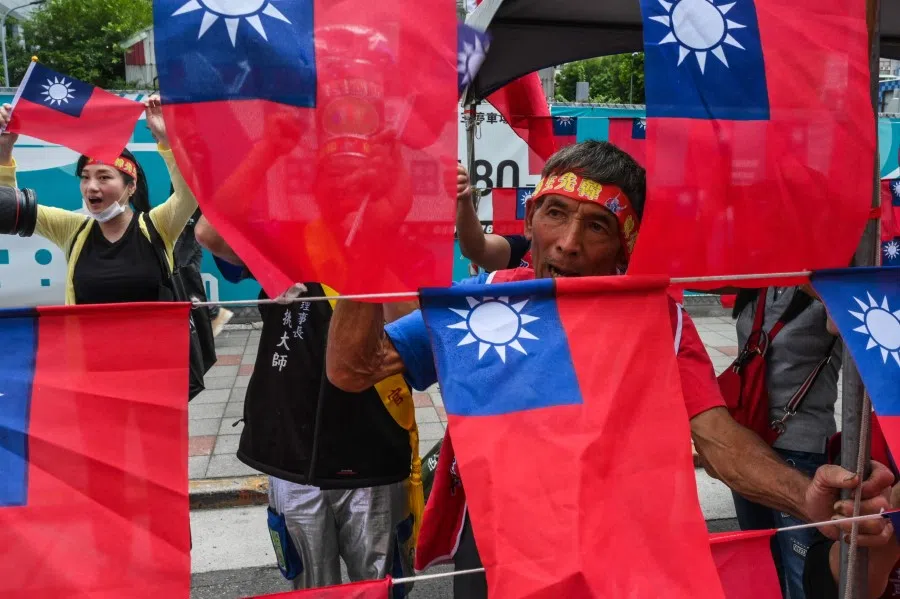
Sixth, unlike last year, the Taiwan issue was made a separate item, and the G7 "reaffirm[s] the importance of peace and stability across the Taiwan Strait as indispensable to security and prosperity in the international community". The word "indispensable" made its interest in Taiwan even clearer. This point also drew the strongest reaction from China. On issues like Xinjiang, Tibet, Hong Kong, the communique generally stuck to the same wording from the previous summit.
In summary, the G7 Hiroshima Leaders' Communique was extremely clear on China, made a distinction between China and Russia, and stated that "engagement" and "direct dialogue" would be undertaken with China. However, there were conditions set, including military security, economic trade rules, and human rights. Whether China responds to these calls from developed nations and how the "dialogue" goes will be of much interest.
